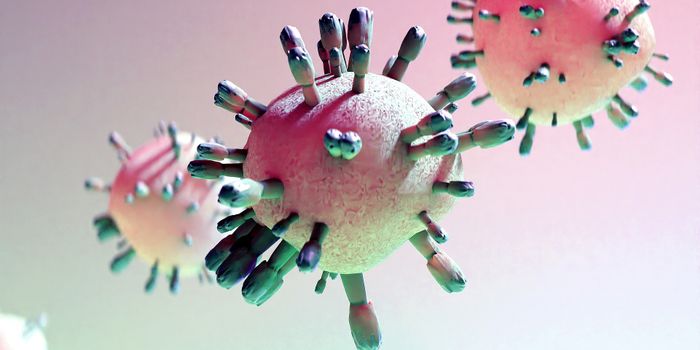Does your birth control increase your risk of breast cancer?
A study published recently in EMBO Molecular Medicine considers the biological impacts of progestins from hormonal contraceptives on mammary epithelium. Arising from the concern that hormonal contraceptives increase the risk of breast cancer, researchers led by Professor Cathrin Brisken at EPFL's School of Life Sciences have committed themselves to figure out just how much contraceptive progestins, which mimic the female sex hormone progesterone, affect breast tissue.
"Although we know how different contraceptive formulations affect the cardiovascular system, we know little about their effects on the breast," says Brisken. "So we developed new approaches to compare the most commonly used progestins in different hormonal contraceptives and were surprised to find that some of them stimulate cell proliferation in the breast - while others do not."
Hormonal contraceptives that use progestin include the pill, the patch, and the vaginal ring, as well as some IUDs. Given that such a large percentage of the population uses hormonal contraceptives, the team was interested in exploring the effects of prolonged exposure to different progestins on human breast epithelial cells (HBECs). In order to investigate this, they conducted in vivo experiments on "humanized" mouse mammary glands and monitored the growth of human breast tissue upon exposure to different progestins.
"We found that HBECs engraft and proliferate in mouse milk ducts, maintaining hormone receptor expression and hormone responsiveness, which are crucial factors for establishing a relevant preclinical model and thereby to foster translational research," explains Brisken.
The team observed that progestins that have androgenic properties (meaning they act like testosterone) induce the expression of the protein Rankl, which in turn triggers cell proliferation in the mammary epithelium. Notedly, the team did not observe this effect with anti-androgenic progestins.
"Exposing human breast epithelia to androgenic progestins for prolonged periods of time caused hyperproliferation and changes in the cells that are associated with early, pre-malignant lesions - at least in xenografted human breast epithelia," elaborates co-author Fabio De Martino.
This unforeseen role of androgenic progestins in the proliferation of breast epithelial cells signals that anti-androgenic progestins may offer a safer alternative to women at risk of breast cancer. "It might be possible to prevent breast cancer associated with contraception by making more informed choices taking the molecular composition of a contraceptive into account," concludes Brisken.
Sources: EMBO Molecular Medicine, Eureka Alert








